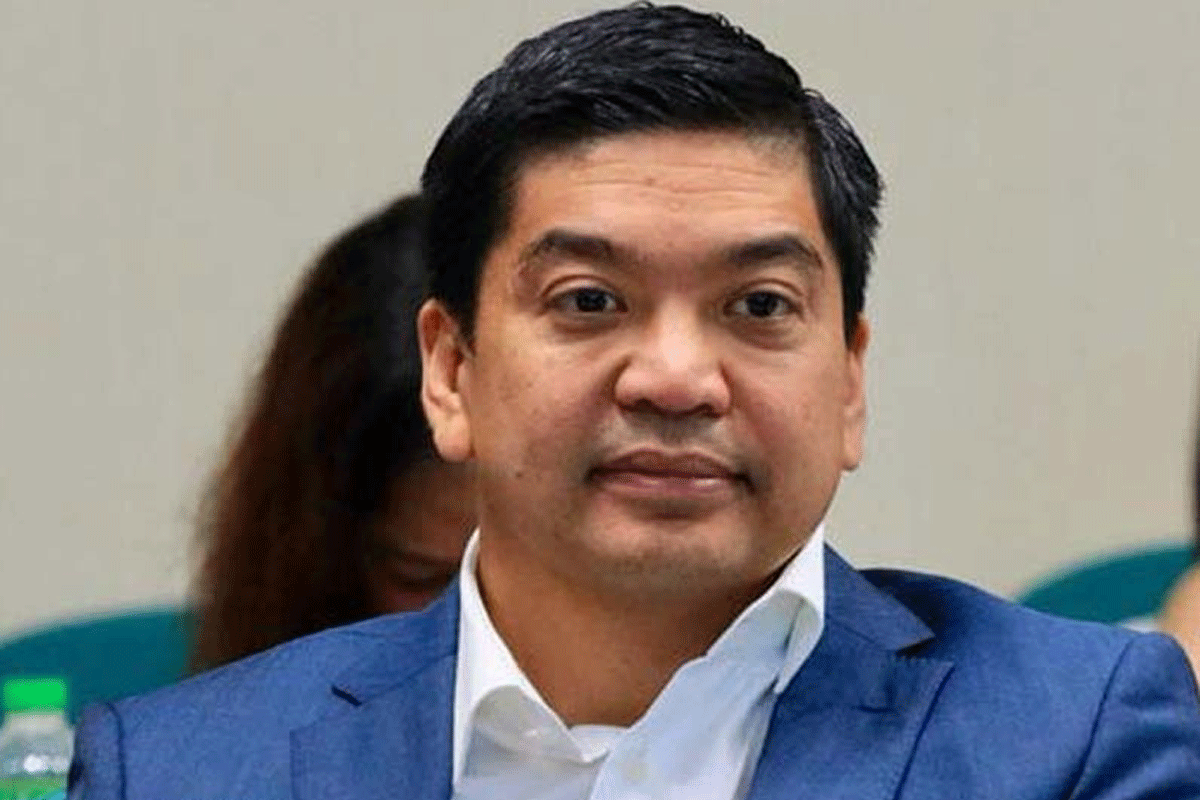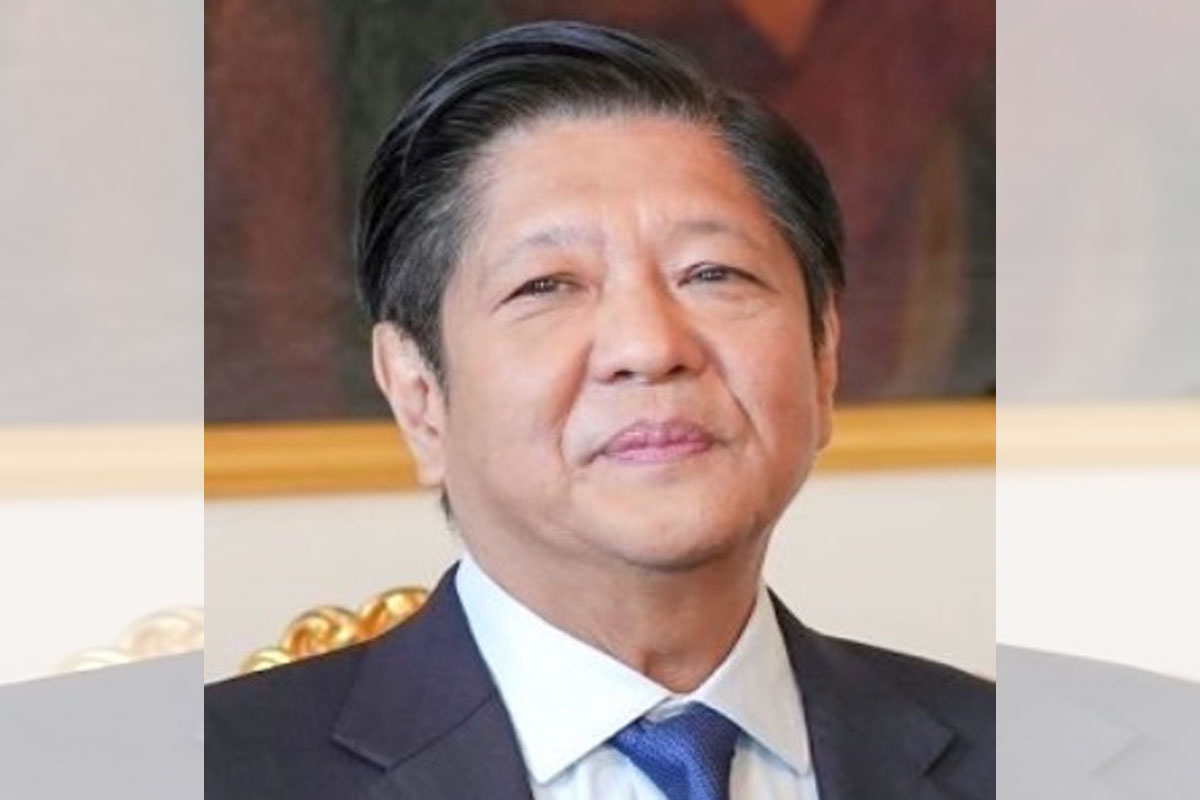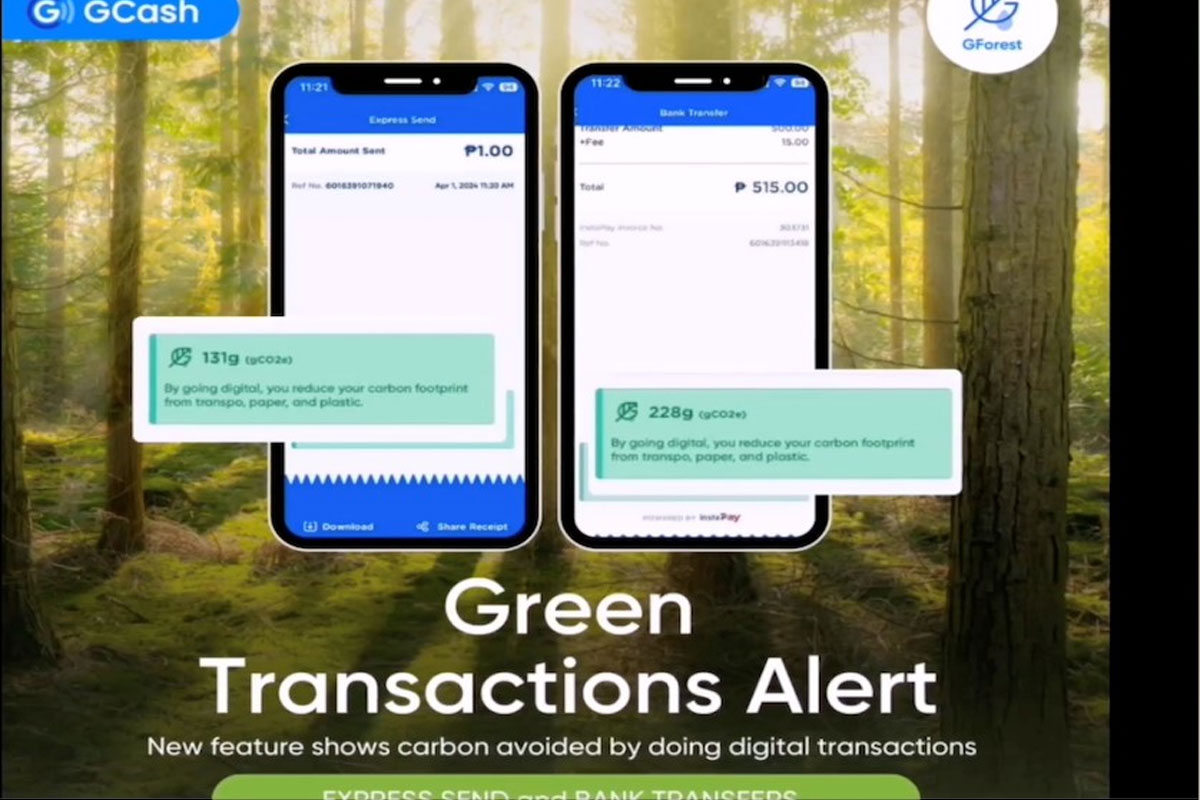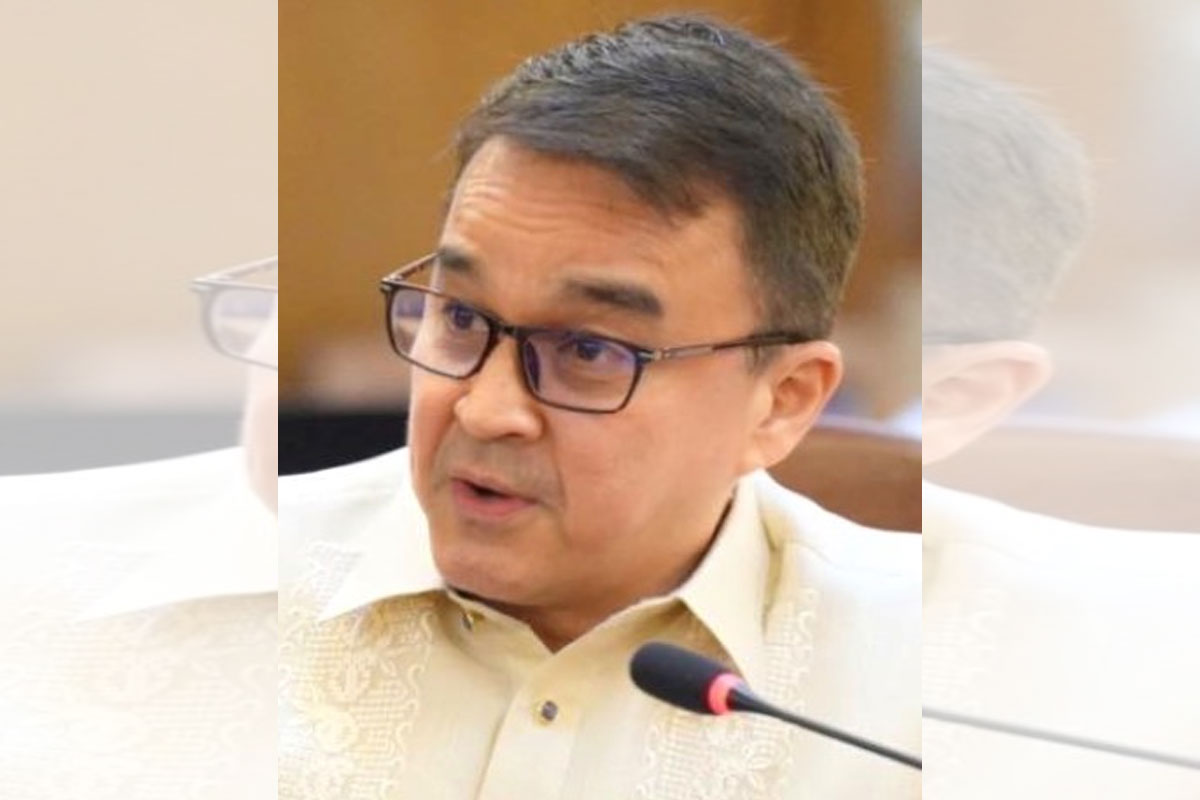
DOE asked to work triple time on fuel reserve plan
CAMARINES Sur Rep. LRay Villafuerte on Sunday expressed belief that the likelihood of further increases in the cost of fossil fuel, which has already breached the $100-per-barrel level following Russia’s invasion of Ukraine, should prompt the Department of Energy (DoE) to drop its “lackadaisical” approach in favor of fast-tracking its years-old plan to put up a national strategic petroleum reserve (SPR) to ensure a sufficient inventory of oil products in the long term.
“Rather than taking their own sweet time about their SPR plan to help stabilize the domestic supply and prices of petroleum products, energy officials should start working triple time on the long-planned establishment of a national fuel reserve, more so now when the full-blown Russia-Ukraine conflict has raised fears that the global cost of oil could go up to as high as $120 per barrel in the days or weeks ahead,” Villafuerte said.
Although there isn’t enough time to put up such an SPR to address the current petroleum price surge, Villafuerte said “energy officials must drop their lackadaisical approach and put this strategic petroleum reserve plan in motion in preparation for future conflicts, supply hitches or any other geopolitical developments or catastrophes that could drive fuel prices to later go up north anew beyond the reach of ordinary Filipinos.”
“I am disgusted by our energy officials’ utter lack of a sense of urgency in doing nothing except to prepare to do a study on the SPR that the DOE has been talking about for almost two years now,” Villafuerte said. “Look, they are not even studying it; they are still in the preparatory stage on how to go about conducting such a study. I am afraid it is taking the DoE so long to consider the SPR, let alone set it up, to the point that the Philippines might have switched to e-vehicles or hybrid cars already by the time a strategic petroleum reserve is up and running in the country.”
“What kind of catastrophe are our energy officials waiting for to happen before they finally come to their senses and put this SPR plan on the fast track?” stressed Villafuerte, who had backed since almost two years ago the DoE’s plan to set up a national oil reserve.
He noted that although DoE officials had assured the public that the Philippines would not be directly affected by the Russia-Ukraine conflict, they nonetheless warned of a continued rise in fuel prices as a result.
Rino Abad, director of the Department of Energy’s Oil Industry Management Bureau (OIMB), said oil prices were already high, given the insufficient daily production and the uncertainty over the Ukrainian crisis.
Citing reports from Bloomberg and CNBC, Abad was reported in the media as saying that the cost of Brent crude could rise from $90 to $120 per barrel “in the coming days …. If this projected increase actually happens then its impact will be to increase our domestic pump price.”
Energy Undersecretary Gerardo Erguiza Jr. was quoted in media reports as saying, meanwhile, that the government could not act on high pump prices because the Oil Deregulation Law of 1998 mandated that retail rates be based on global market prices.
Major clashes have been reported across Ukraine before the weekend after Russian President Vladimir Putin ordered an invasion of the eastern European country.
DOE’s Abad said in a statement that the country imports finished petroleum products from Japan, China and South Korea, which, in turn, import crude oil from Russia.
Abad was reported as saying that one other factor that could trigger a continued spiral in fuel prices is the daily shortage of production of some one million barrels being experienced by the Organization of the Petroleum Exporting Countries (OPEC) and its allies like Russia.
According to the DOE, the year-to-date fuel prices as of last week totalled a net increase of P10.85 per liter of diesel, P8.75 per liter of gasoline and P9.55 per liter of kerosene.
The average pump prices of petroleum products in Metro Manila as of last week was P66.35 for a liter of gasoline, P59.27 for diesel and P60.69 for kerosene.
Brent crude has gone up 6.5% to $103.78 per barrel last Feb. 24, the first time it breached the level of $100 a barrel since 2014, and analysts fret the rate could go up to $120 soon.
Earlier, Villafuerte lashed out at the DOE for acting at a “seemingly snail’s pace’ on its long-planned SPR—to ensure an adequate inventory of fuel in the domestic market—even as global oil supply hitches have led to the 8th consecutive week of upward adjustments this year alone in the local pump prices of gasoline, diesel and other petroleum products.
Villafuerte vented his frustration as OIMB director Rodela Romero told a “Laging Handa” public briefing at the Palace a week before Russia’s invasion of Ukraine that her office had proposed the crafting of a law that will grant DOE the power to put up an SPR, either for commercial or for strategic reasons to address supply disruptions.
She was quoted in the media as saying that the DOE seeks to find out in a proposed study the project cost to establish the SPR, along with its ideal capacity, withdrawal schedule and priority sectors to be served.
According to Romero, the DOE is reviewing a new terms of reference (TOR) for a rebidding for the procurement of a consultancy service that will conduct the study.
“The DOE must do a lot more—and do it much faster—than just to plan a study on the SPR. Had this department accelerated its plan to establish an oil reserve, we probably wouldn’t be having the kind of supply and pricing problems now that have jacked up fuel prices eight consecutive weeks in a row in barely two months,” Villafuerte said.
Last June, Villafuerte reiterated his call for the establishment of the SPR after observing that the vaccine-driven economic recovery in the United States (US) and Europe had started to ease travel restrictions and increase demand anew for fuel.
He recalled that almost two years ago, he already backed the view then by Energy Secretary Alfonso Cusi that the country needs strategic oil reserves so the government could be part of the fuel supply chain and have the capability to ease the impact of global market volatilities on consumers by ensuring a stable domestic fuel supply.
Last year, Villafuerte also said the signing by the DOE and the Japan Oil, Gas and Metals National Corp. (JOGMEC) of a Memorandum of Agreement (MOA) on a review and updating of the 2002 Philippine National Oil Contingency Plan should clear the way to the creation and operation of an SPR Program.
For Villafuerte, “The government should study thoroughly what method of oil stockpiling would be best for the country, the logistical requirements involved, and whether crude oil or petroleum products should be stored.”





















